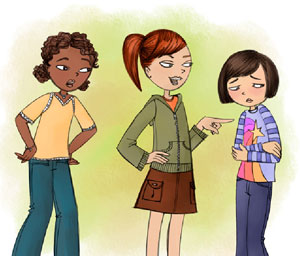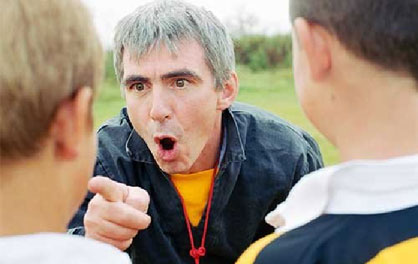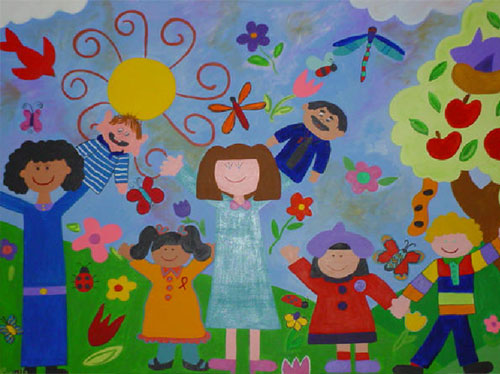A bully is someone who behaves aggressively towards others in an effort to manipulate and control those around him. This behaviour can be manifested verbally, emotionally, or physically. Often bullies (both boys and girls) try to control their environment with slander or common gossip. These individuals have been reinforced since childhood to impose themselves in any way possible; they feel they can “walk all over people” and not be stopped. They learn quickly how to handle people by manipulating them.
Amos Rolider, Professor in Behavioral Science and Director of the Institute for Research and Prevention of Antisocial Behavior, has been actively dealing with the bullying phenomenon and other forms of violence in recent years.

Boundaries must be established in order to keep a bully at bay; otherwise he tends to excessively oppress, and the controlling, narcissistic part of his personality grows to gigantic proportions. His violence (verbal and physical) and gossiping must be restrained. If he is not, it is as though he is told that it is ok to do whatever he likes. Adults and those in power must protect others from child and adult bullies alike. This is because child bullies often transfer their behavior into adulthood, resulting in adult bullies who are mistaken for “dynamic” types.
If you are neutral in situations of injustice, you have chosen the side of the oppressor.
-Desmond Tutu

When there are two opposing teams or people, it is good to stand between them, neutral without taking either side. That was how the Red Cross was established to take the side of the wounded rather than the side of either of the warring sides during The Great War. Whilst standing in between, you show that you understand each side without demonizing either, and think independently. The choice between black/white, yes/no, Christian/Muslim, is disregarded. Extremes are avoided. As a result, it is important not to pick sides, but to simply ask the bully to stop his behavior. Try to teach the same to your students; it is important they feel safe enough to not have to pick an ally, but to stand in between armed with critical thinking.
To fight bullying, one must:
- Be able to recognize if it is happening. Either physically, through social exclusion, gossip, blackmail, slander and vilification.
- Understand that by doing nothing is the same as condoning it.
- Know that by setting boundaries in terms of behavior, choosing a side is unnecessary.

Are you a bully?
Have you purposely hurt and oppressed someone verbally, physically, or through gossip? Can you think of why you did it and how it felt? Try to find other ways to feel good, rather than causing discomfort to others.
Treat others as you would like to be treated.

Let’s make this world a better place.
P. Papanikolopoulou Ph. D.
Psychologist, therapist

